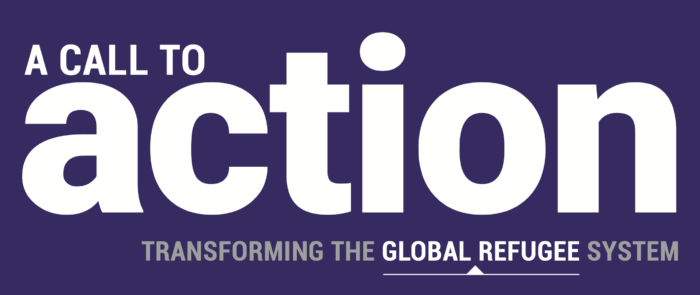This summary document, The Essentials, introduces the bold actions by theme proposed in the Council’s A Call to Action report.
“Call Me a Business Owner, Not a Refugee!” Challenges of and Perspectives on Newcomer Entrepreneurship — Research Paper No. 7
Lubna Rashid Participating in the labour market is vital to newcomers’ successful integration in the host country. Although most newcomers participate through wage earning, some start their own businesses. Refugee entrepreneurship has substantial benefits not only for these business owners but also for their host communities; however, newcomers aspiring to begin their own businesses face […]
Harnessing Trade Law to Support Refugees and Host Countries — Discussion Paper No. 3
Lawrence L. Herman The World Trade Organization estimates that more than 65 million people globally are refugees or displaced persons. Beyond the human dimensions of this tragedy, destination and transit countries face enormous financial and social costs in sheltering these people. The global community’s response has mostly been short-term aid, insufficient to support durable solutions. […]
Using the Compact Model to Support Host States and Refugee Self-reliance — Research Paper No. 6
Nazanin Ash and Cindy Huang Traditional financing mechanisms for the global refugee system do not reflect the realities on the ground. The life-saving assistance prioritized by the humanitarian sector, while critical at the onset of emergencies, falls short as crises endure. Refugees, displaced for protracted periods, need access to quality education, jobs and other services […]
No Strangers at the Gate: Collective Responsibility and a Region’s Response to the Venezuelan Refugee and Migration Crisis
Este informe también está disponible en español Michael J. Camilleri and Fen Osler Hampson Venezuela’s political, economic, and humanitarian crisis has given rise to the largest refugee and migration crisis in the history of the Western Hemisphere. A new report — produced by the Dialogue’s Peter D. Bell Rule of Law Program and its Venezuela Working Group in […]

